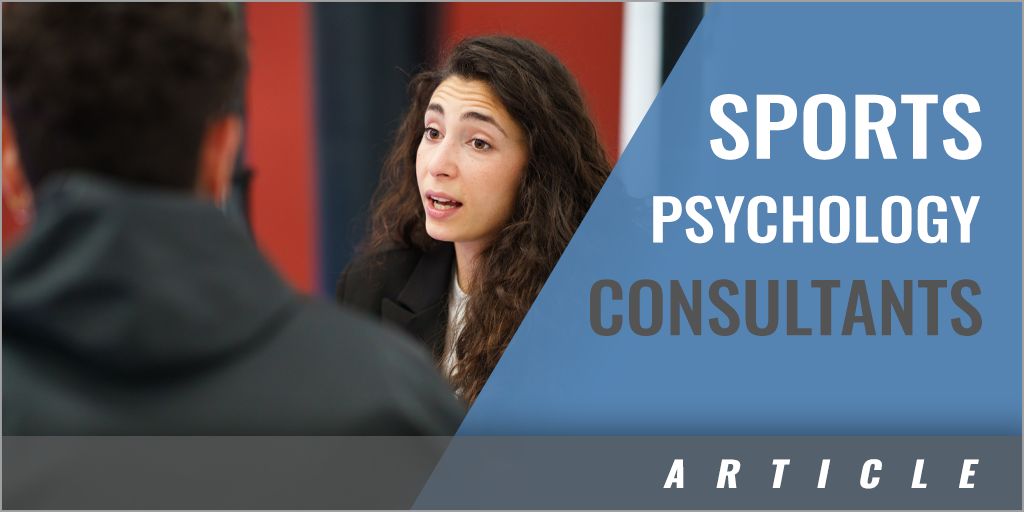|
By: Dan Gould & Cliff Mallett Originally Published in: Sport Coaches Handbook Provided by: Human Kinetics Research shows that with directed effort, coaches can learn the importance of teaching mental and life skills and change their behavior to positively influence their athletes' development of these skills. At the same time, some coaches who value these skills shy away from addressing them due to a perceived lack of time, resources, or competence. In these situations, coaches can benefit from support, and one possible solution is to bring in a sport psychology consultant (SPC). While the task of finding an SPC may seem daunting, it is actually quite easy once a coach knows where to look. The most direct approach is to search the online directories of professional organizations dedicated to sport and exercise psychology - for example, the Association for Applied Sport Psychology, the Canadian Sport Psychology Association, and the British Association of Sport and Exercise Sciences. These websites can be used to make contact with SPCs who are either located in your area or are able to work with you and your team remotely or online (such arrangements are common for many SPCs). Coaches whose financial resources are limited (which is the case in many youth sport programs) may prefer to contact a local university to seek the assistance of a sport psychology graduate student. Because of their novice status, student consultants charge much lower fees (or perhaps none at all, in the case of master's-level students), and they often welcome inquiries from coaches and sport organizations at every level in order to develop their consulting skills. Other important considerations include the nature of the coach-SPC relationship and the SPC's ethical boundaries. Some SPCs assume a staff position and work alongside coaches, whereas others play a less prominent but still important role for the team. In either case, and before beginning to work with the team, the SPC should clearly communicate expectations about confidentiality to all involved parties (e.g., athletes, coaches, parents). For example, a coach or parent might expect the SPC to share information provided by an athlete, but doing so could damage the SPC's relationship with the athlete, thereby minimizing the SPC's value in future work together. At the same time, the SPC may need to communicate about an athlete with other counseling professionals if the athlete presents with clinical issues that the SPC is unqualified to address. Therefore, it is crucial to establish clear expectations with all parties ahead of time. When beginning their work together, the coach and SPC should identify certain skills for the athletes to learn. This determination can be made either through focused discussion in which the coach describes specific scenarios in which the athletes struggle (e.g., competitive anxiety, hesitant performance) or through the use of formalized assessment tools that indicate strengths and weaknesses in athletes' mental skills (see Burton and Raedeke for examples). From there, the coach and SPC can determine how much time will be dedicated to teaching and learning the identified skills, as well as when and how. For instance, a coach might prefer that athletes learn these skills through focused activities in the classroom or before the start of training sessions. If so, the SPC could create handouts and worksheets to help athletes learn about the skills and the importance of using them. The SPC could also teach skills (e.g., relaxation via diaphragmatic breathing) and then provide supervised practice opportunities. Alternatively, the coach might want athletes to learn mental skills as part of physical drills performed in the natural learning environment (e.g., on the softball field or soccer pitch). The coach might need to help create these teaching activities, depending on the SPC's sport-specific knowledge. A third option would be to combine these two approaches; for instance, the SPC might work as a consultant who helps the coach incorporate the teaching of mental and life skills into daily coaching practice. |






